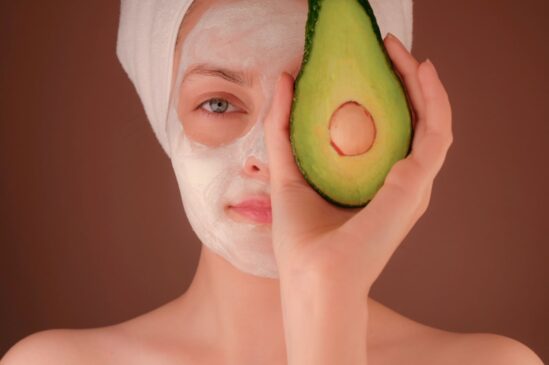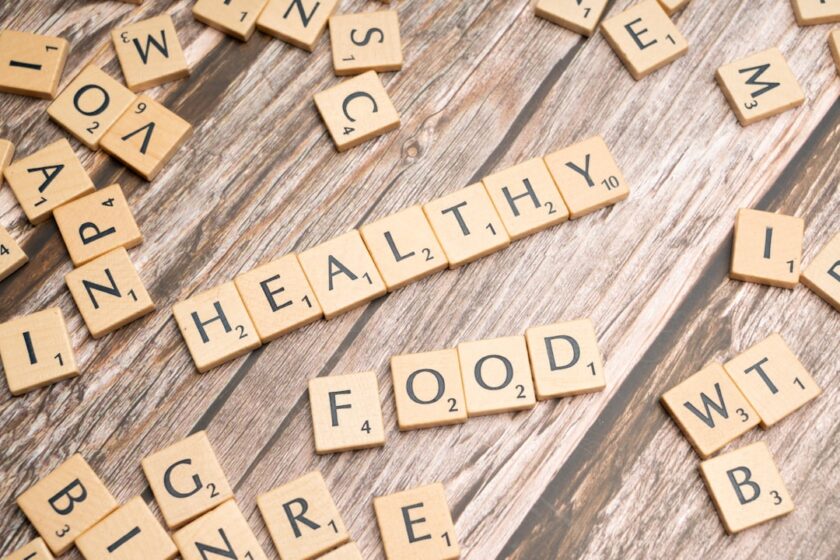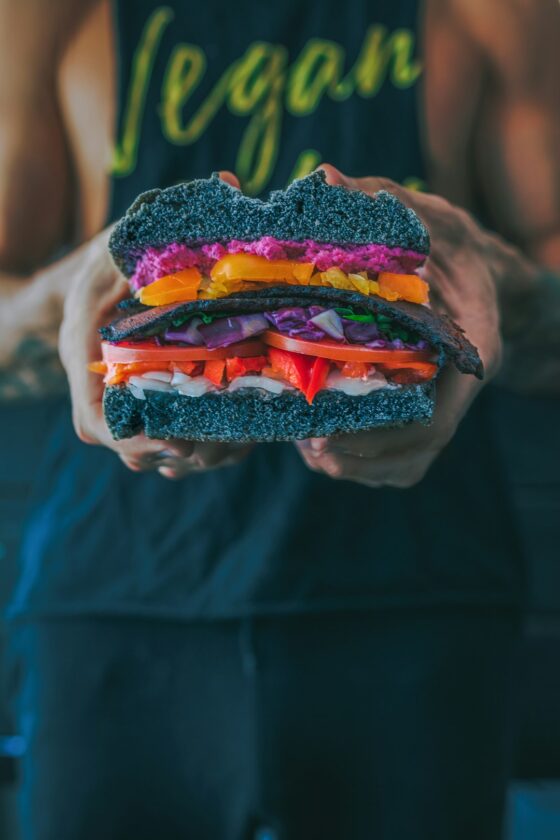What is a Healthy Skin Diet?
A healthy skin diet is a nutritional plan designed to provide your body with the essential nutrients required for maintaining healthy, glowing skin. This diet focuses on the intake of various foods and drinks rich in vitamins, minerals, healthy fats, and antioxidants that help protect the skin from damage, prevent aging, and promote regeneration.
Why is Diet Important for Skin Health?
Your skin is your body’s largest organ, and its health is directly linked to what you consume. A nutritious diet can:
- Support skin hydration
- Combat oxidative stress
- Enhance collagen production
- Provide anti-inflammatory benefits
What Are the Best Foods for Healthy Skin?
Including a variety of nutrient-dense foods is vital for promoting skin health. Here are some of the best foods to consider in your healthy skin diet:
1. Fruits and Vegetables
- Berries: Rich in antioxidants, vitamins C and E help protect skin cells.
- Leafy Greens: Spinach, kale, and Swiss chard are high in vitamins A, C, and K.
- Citrus Fruits: Oranges, lemons, and grapefruits boost collagen production.
- Carrots: Packed with beta-carotene, which promotes skin health.
2. Healthy Fats
- Avocados: Full of healthy fats and vitamin E, essential for skin moisture.
- Olive Oil: Rich in antioxidants, it may help reduce skin aging.
- Fatty Fish: Salmon and mackerel provide omega-3 fatty acids that keep skin supple.
3. Nuts and Seeds
- Walnuts: A great source of omega-3s and zinc.
- Flaxseeds: High in omega-3s and lignans that support skin health.
- Sunflower Seeds: Packed with vitamin E and antioxidants.
4. Whole Grains
- Quinoa: Contains amino acids that aid in skin repair.
- Brown Rice: Rich in antioxidants and digests slowly, providing steady energy.
Are There Foods to Avoid for Skin Health?
Yes, some foods can negatively impact skin health. It’s wise to limit or avoid:
- Processed Sugars: Can lead to inflammation and skin issues.
- Dairy Products: May aggravate acne for some individuals.
- White Bread and Pastries: High glycemic index foods can spike insulin levels and trigger acne.
- Excessive Alcohol: Dehydrates the body and skin.
What Role Do Vitamins Play in Skin Health?
Vitamins are crucial for skin protection and maintenance. Here are key vitamins to include in your diet:
1. Vitamin A
Essential for skin cell production, found in carrots, sweet potatoes, and spinach.
2. Vitamin C
Vital for collagen synthesis and skin repair; abundant in citrus fruits and berries.
3. Vitamin E
A powerful antioxidant that protects skin cells from damage; found in nuts, seeds, and green leafy vegetables.
4. Vitamin D
Supports skin barrier function; can be obtained from sunlight or fortified foods.
How Does Hydration Affect Skin Health?
Staying hydrated is critical for maintaining skin elasticity and moisture. Water helps:
- Flush out toxins
- Keep skin plump
- Reduce dryness
It’s recommended to drink at least eight 8-ounce glasses of water a day, adjusting based on activity level and climate.
Can a Healthy Skin Diet Combat Aging?
Yes! A diet rich in antioxidants, vitamins, and healthy fats can slow the aging process by:
- Reducing wrinkles and fine lines
- Promoting skin regeneration
- Enhancing skin hydration
Incorporating foods like berries, nuts, fatty fish, and avocados may significantly contribute to youthful skin.
Additional Tips for Healthy Skin
- Limit Sun Exposure: Use sunscreen daily to protect against UV damage.
- Get Enough Sleep: Aim for 7-9 hours nightly to allow for skin repair.
- Incorporate Exercise: Regular physical activity can improve circulation and boost skin health.
Conclusion
A healthy skin diet is an essential part of maintaining vibrant skin. By incorporating a variety of nutrient-dense foods, staying hydrated, and following lifestyle practices, you can nourish your skin from the inside out. Remember, consistency is key for seeing long-term results. Consider establishing a pattern of healthy eating, exercise, and self-care for optimal skin health!



